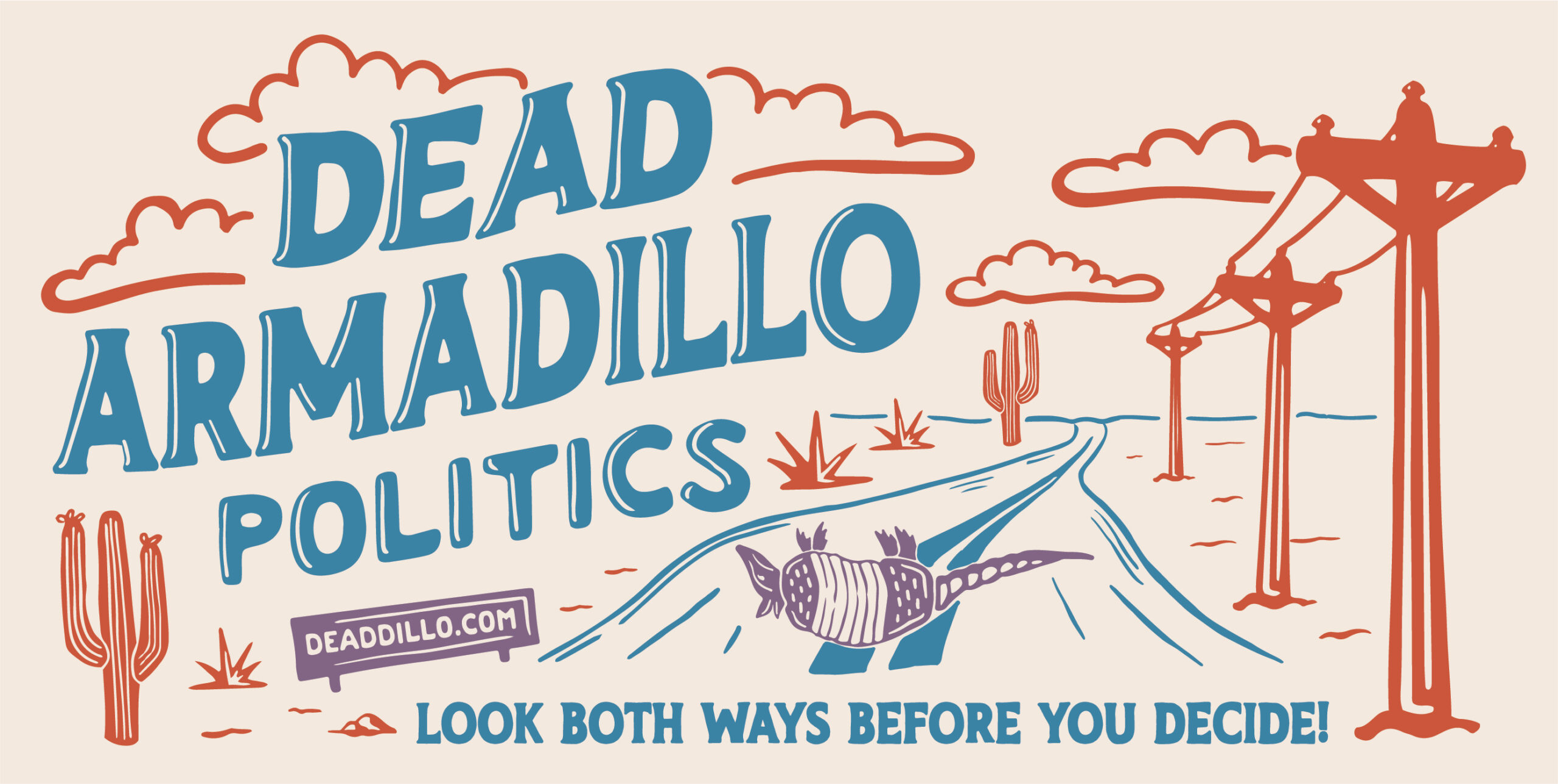How do we become the market for the product we want?
By Ashley Bean Thornton
In a 2008 New Yorker interview conservative political strategist Roger Stone is quoted as saying, “Remember, politics is not about uniting people. It’s about dividing people and getting your 51 percent.” I find this quote both chilling, and hard to dismiss. Hard to dismiss because it seems like such an accurate summary of how politics is indeed working right now, chilling because it seems like such a terrible way to actually get anything done.
If we are determined to be divided, the only way to get anything done will be for one side to get strong enough that they can vanquish the other. I think this is a terrible idea – but even if it were a good idea, I don’t think it is likely to happen. The two sides are too evenly split – the senate is the best example of this, but the house is also pretty even and the difference in the presidential races the last two go rounds have been small enough that no one got to go to bed early.
Why is it a terrible idea? Because neither side has all the answers, and even if one side did have all the answers one day, the questions would change the next day. I am liberal, but I am not arrogant enough to think that only my side has good ideas, or that we are smart enough to consider every eventuality. I think our country would be much worse off if the liberals vanquished the conservatives and “we” got our way all the time. As you might imagine, I also think it would be a terrible day for the country if the conservatives vanquished the liberals. I hope most conservatives I know, perhaps after taking a moment to think about it, would feel the same way. Certainly, we have our different points of view, certainly we hold them passionately, (certainly mine are right!), but in the end we need each other. We are interdependent whether we like it or not. Workers need employers; employers need workers – and that’s just one simplistic example of our interdependency. If one side has enough power to vanquish the other, in the end nobody wins.
Our democratic system for making group decisions is supremely frustrating, what makes it worth it to put up with all that frustration? The strength of our system is that it forces us to look at many sides of the complicated issues we must face and make some trade-offs. With any luck at all, that helps us come up with stronger, more durable solutions.
But that only works if we are willing to consider all sides and make the trade-offs. If we allow ourselves to slip into the false, but alluring, belief that the other side has nothing valuable to offer and that making a trade-off is “betrayal,” we will be left with only the frustration, and none of the benefit of a democracy. Is that where we are now?
That brings me back to the question of the likelihood of one side vanquishing the other. It doesn’t seem likely to me. The two sides are too evenly split for one side to get a big enough advantage to vanquish the other. What does seem possible to me is that we will remain split closely enough that we go back and forth every election or so, and that, if we don’t take some corrective action, the only accomplishment of each regime will be to undo the work of the previous regime. Is that what we want?
It’s not what I want. I do not want liberals and conservatives divided by an unbridgeable chasm. I want a continuum of thought represented in our elected bodies. Kind of like the 64-crayon box, I want blue and green, but I also want blue-green and green-blue. I realize the metaphor would work better if I used Blue and Red – Ha! But I’m sure you get the idea!
I think there are plenty of us who want that same thing. If we want that, we voters have to be the market for that. We have to incentivize that. How do we do that? How do we quit being the market for what we don’t want and start being the market for what we do want?

Kudos to you for your sharp insight which will hopefully encourage many to seek ways to bridge the ever widening gap.